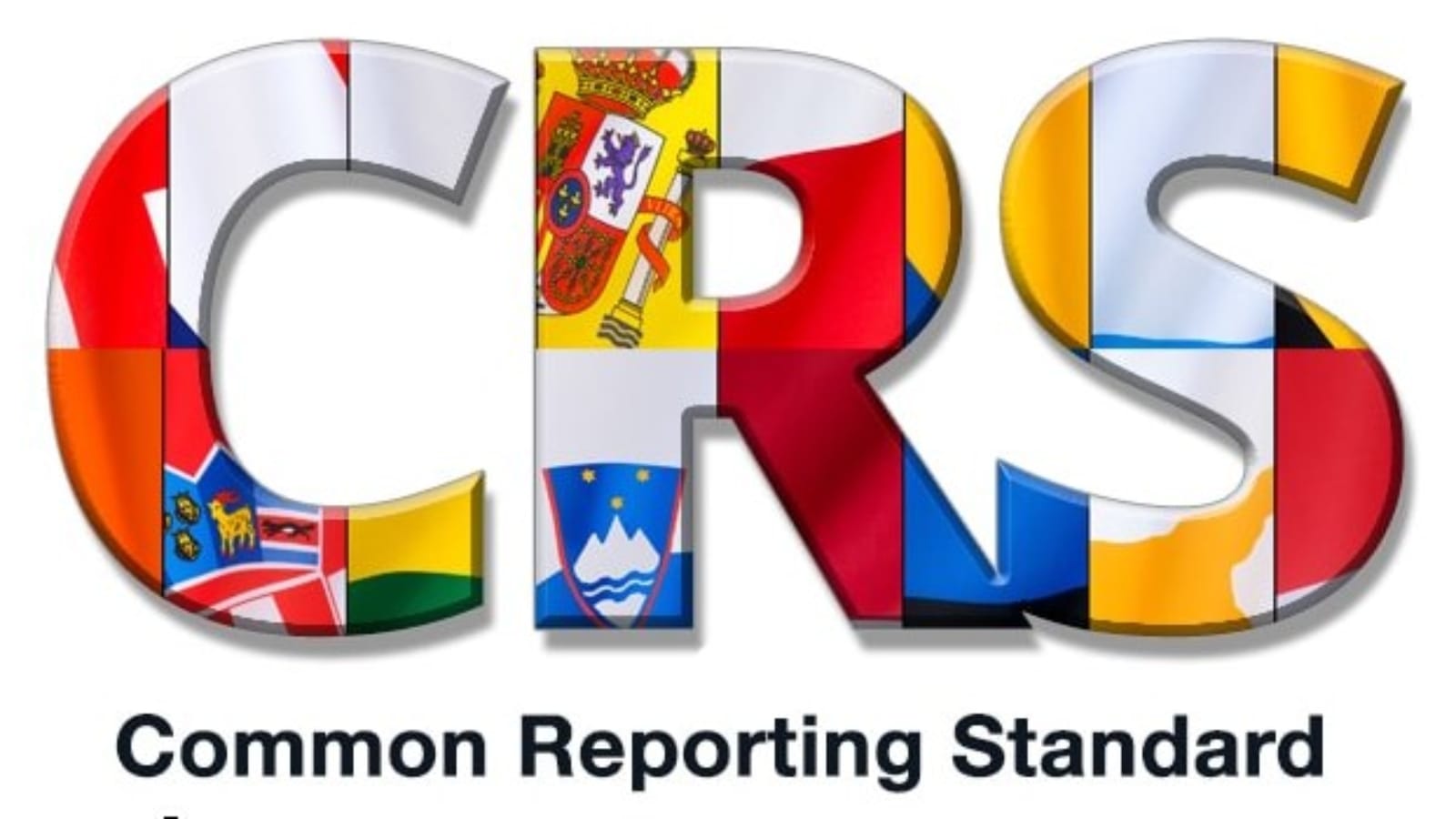What are the common avoidance methods for Common Reporting Standard (“CRS”)

Common Reporting Standard (“CRS”) is a framework developed by the Organisation for Economic Co-operation and Development (“OECD”) in 2014, modeled after the US’s Foreign Account Tax Compliance Act (“FATCA”). By the end of 2020, 109 countries and regions worldwide had implemented CRS.
In recent years, CRS has become a nightmare for high-net-worth individuals because it requires financial institutions to automatically report their clients' offshore financial account information to the tax authorities of their tax residency. As a result, avoiding CRS has become a major selling point for immigration agents offering "second citizenship" or "passport-selling" services.
I. How Immigration Agency “Avoid” CRS
Immigration agents typically offer two types of investment immigration products: Citizenship by Investment (“CBI”) and Residence by Investment (“RBI”). We’ve previously introduced the tax laws of countries offering these programs in other articles—please refer to those for more details.
- CBI: Commonly referred to as "passport-selling," this involves obtaining citizenship and a passport from a country by making a donation or investment (e.g., buying property or government bonds) without the need to reside in the country (commonly known as "residency requirements").
- RBI: Often called "golden visas," this involves obtaining permanent residency (like a green card in US) by making a donation or investment in a country. Unlike CBI, RBI grants residency rights but not citizenship. To apply for citizenship under RBI, one must usually reside in the country for a sufficient amount of time (and some programs never allow citizenship, regardless of residency duration).
Despite their differences, both CBI and RBI use similar methods to avoid CRS.
1. How CRS Works
Normally, when an individual opens a bank account overseas, CRS requires them to provide two key pieces of information:
- Place of tax residency
- Tax Identification Number (“TIN”)
Foreign banks must then automatically exchange this information with the tax authorities where the place of tax residency that the individual is, who can identify the account holder using their ID number or equivalent. This enables the tax authorities to monitor any taxable activities abroad.
2. The Method Used by Immigration Agents
Immigration agents advise individuals to open a bank account in their new country of citizenship or permanent residency and declare:
- The new country as their sole tax residency, without mentioning their true tax residency
- The TIN of the new country, instead of their TIN number from their true tax residency
In theory, this prevents foreign financial institutions from reporting the account information to tax authorities, thereby achieving the goal of "avoiding CRS."

